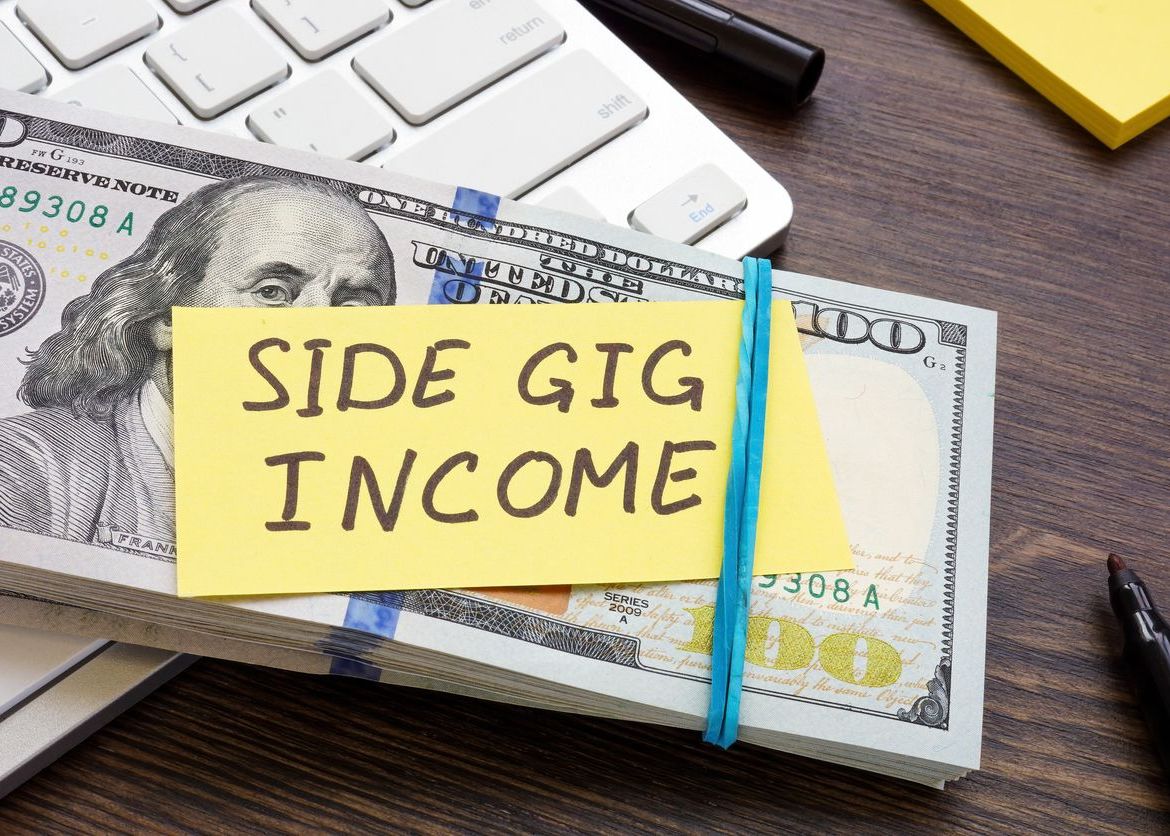Saving money for a down payment can be a long and daunting process. Depending on where you want to buy a house and how much you want to put down, it might take years to save enough. Boosting your income is one way to speed things up, but it’s not the only way.
Figure Out How Much You Need for a Down Payment
Down payment requirements vary by lender and loan type. You might be able to buy a house with little or no money down, but there will be trade-offs. If you take out a conventional loan and put down less than 20%, you’ll have to pay for private mortgage insurance until you have 20% equity. If you take out a Federal Housing Administration loan, you’ll have to pay mortgage insurance premiums for as long as you have the loan.
Take a Holistic Look at Your Finances
Once you’ve figured out approximately how much you’ll need for a down payment and when you would like to buy a house, you can formulate a plan to get there. Combining multiple strategies might be the best way to achieve your dream of becoming a homeowner.
Look for Ways to Boost Your Income
You can ask your boss for a raise or apply for a promotion, or you can look for a side gig to earn more money. Working a part-time job in the evenings or on the weekends, even a few hours per week, can give you extra money to put toward a down payment. If you have a skill that’s in demand, such as writing, video production or web design, you might be able to find lucrative freelance work.
You might even be able to turn a hobby into a source of income. For example, if you’re an artist, you can sell your artwork. If you have a skill that others would like to learn, you can provide one-on-one tutoring or small group classes or create an online course.
Eliminate Unnecessary Spending
You’ll reach your savings goal faster if you also reduce your expenses and put more money toward a down payment each month. A good way to start is to look at your bank and credit card statements for the past few months and search for areas where you’re overspending.
Dining out, entertainment and impulse purchases can drain your bank account. You might be paying for a gym membership or other subscriptions that you rarely or never use.
You might be spending more than necessary for your insurance, cell phone and other recurring expenses. Contact the companies you do business with and ask about discounts and less expensive plans. Check the rates that other companies charge and consider switching.
If you have credit card debt with high interest rates, look for balance transfer offers. Reducing your interest rates can lower your monthly payments, allow you to pay off your credit cards sooner and free up funds that you can put toward a down payment.











